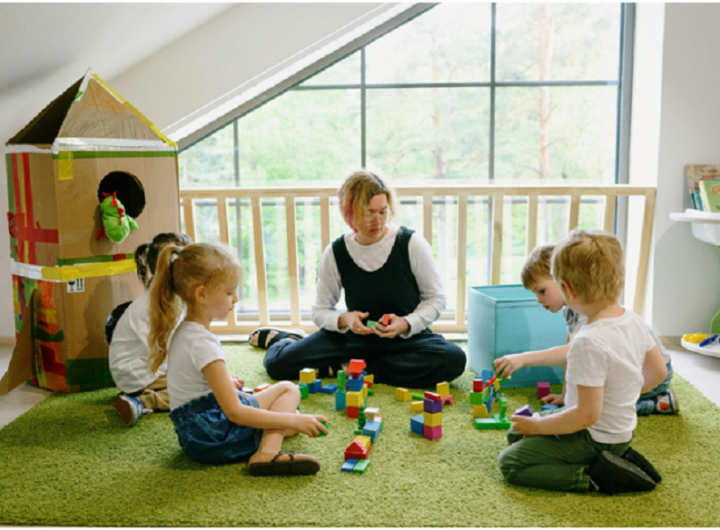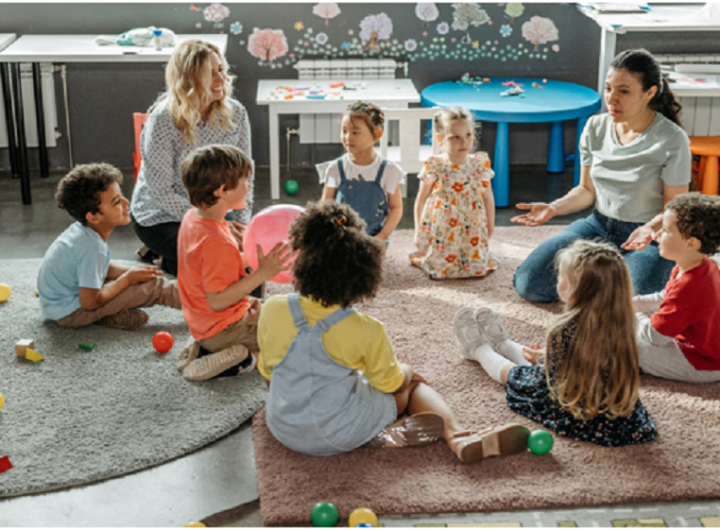
Ever since I was 12, I have been fascinated by the possibility of learning a new language . As soon as my father brought the internet home, somewhere around 1999 (I’m going to look like an old man to my younger readers, but too bad), I signed up on language exchange platforms . Polyglot Learn Language , was called the very first site where I created an account (the current version really has nothing to do with what it was back then). I found my very first linguistic correspondent there, to learn Norwegian.
What especially excited me was the contact with new sounds , because obviously, at 12 years old, living in a remote hole in the depths of Normandy, I didn’t need to speak Norwegian (or even what anything other than French and a tad of Norman patois). Then I discovered the metal band Nightwish and I became interested in the language of their country of origin: Finland.
As an adult, I was convinced that I could do well in English. Until being confronted with reality during my first real trip abroad outside school ( a stay in Oslo , Norway, precisely). Arrived there, impossible to align three words . I didn’t understand anything and I couldn’t make myself understood. The slap was violent: I had 14 in the English baccalaureate, of course, but I am ZERO . Zero points.
My learning of English: without difficulty
Today, I speak good English , despite a persistent Frenchy accent. I lack vocabulary in specific areas, I make grammar mistakes, but I’m ‘fluent’, I have no problem holding a conversation, being humorous, telling anecdotes, in short, everything is going well.
To learn Spanish and Italian: a lot of confusion
My mastery of my second school language, Spanish, remained generally basic. I manage without too much difficulty with the simple things I may encounter on a weekend in Spain , such as ordering food/drinks at a restaurant, asking for directions, making introductions when I meet someone, and understand the general meaning of the discussions around me. I understand well when the language is spoken properly, but I find it difficult to express myself correctly. I miss a lot of vocabulary (sometimes I fall just by ‘ spanishizing ‘ a French word).
The same goes for Italian, which I learned on my own like a grown-up in my room, with the Assimil method (well, I stopped at the 40th lesson, for lack of motivation: I’ll come back to the disadvantages of the Assimil method). Italian is a language that I read without difficulty , that I understand quite well on the whole, but where I can’t express anything other than very basic.
impossible to find people to practice the language with
I learned my basics of Swedish on my own with Assimil as well, when I was living in the country. The problem is that I didn’t practice with the locals. All of them are perfectly bilingual in English, and as soon as I tried to get out two words in their language, they switched to English, thinking they were helping me
Declensions and grammar: main cause of my difficulty learning Croatian
For Croatian, following the failure of Italian and Swedish, I wanted to do otherwise: I took a teacher here in Zagreb , telling myself that it would surely be more effective. The problem is that Croatian is so difficult (a Slavic language, with declensions and sounds that are completely new to my ears) that after a year in the country, I drag myself painfully between level A1 and A2.
So I can’t really compare the results compared to the efforts made (easily 3 times more for Croatian than for all the other languages combined). It’s hard for me to say if the ‘live teacher’ method is better than the ‘Assimil method’, I would have had to split myself up, that my ‘2 selves’ choose the same language, one with a teacher and the another with Assimil, and we compare the progress every 3 months.
The school method: ideal for learning the basics of a new language
Although I am constantly criticizing the French educational system with regard to the teaching of languages at school, there is still an important point: it provides the bases, at the very least, on which to build real learning behind .
The small group course had this big flaw: I was learning completely useless stuff, like colors or the names of animals. With my course on the online platform, I simply indicated to my teacher the topics of conversation that I wanted to master (or the type of situation where I was confronted with the language, gender in the restaurant or at the market), and presto , we were working on it. It is effective because suddenly we go to the essentials: it is enough to learn only the adequate vocabulary, no need to overload the brain with useless words .

 Here is Why You Should Watch TV with Your Child
Here is Why You Should Watch TV with Your Child  4 tips for learning a foreign language quickly
4 tips for learning a foreign language quickly  How School Budget Cuts Are Affecting SEND Students and Their Support
How School Budget Cuts Are Affecting SEND Students and Their Support  8 Master’s Degrees in Education Teachers Should Pursue for Career Advancement
8 Master’s Degrees in Education Teachers Should Pursue for Career Advancement  Effective Follow-Up Work Strategies for Montessori Teachers: Fostering Growth
Effective Follow-Up Work Strategies for Montessori Teachers: Fostering Growth  Top Strategies for Finding Students for Online Teaching Using Social Media in 2026
Top Strategies for Finding Students for Online Teaching Using Social Media in 2026